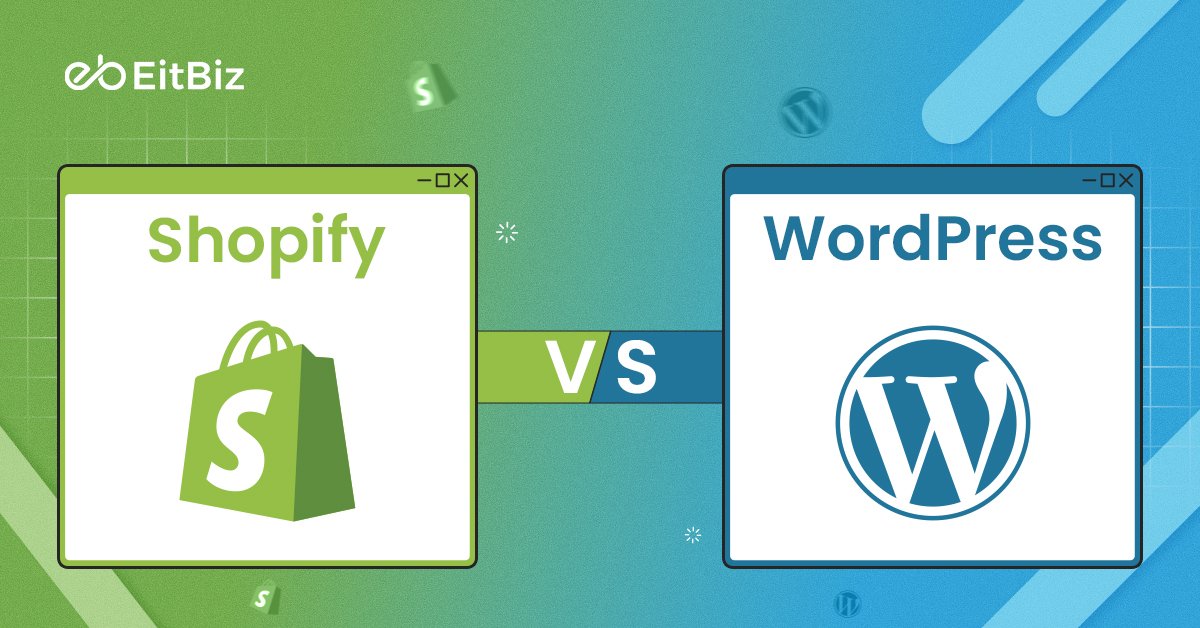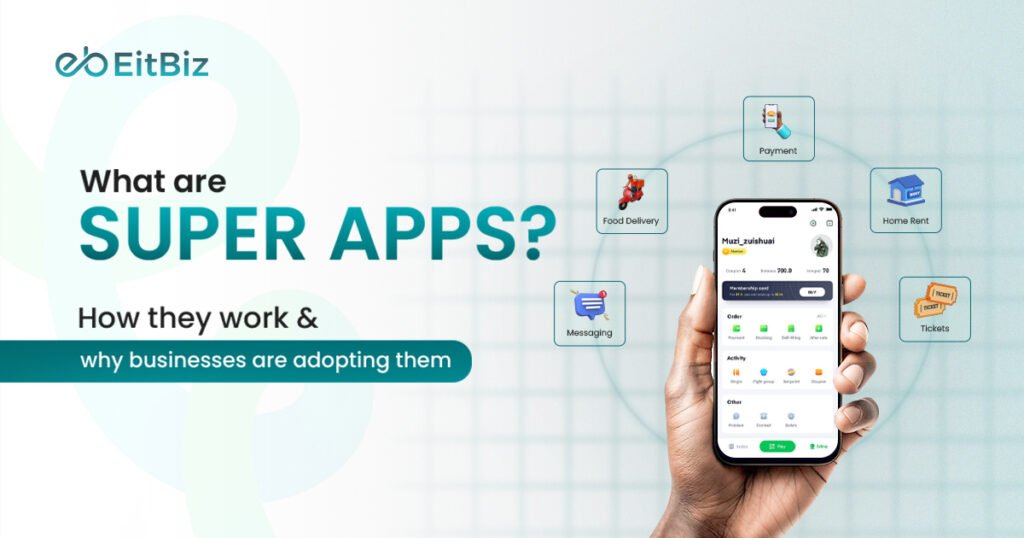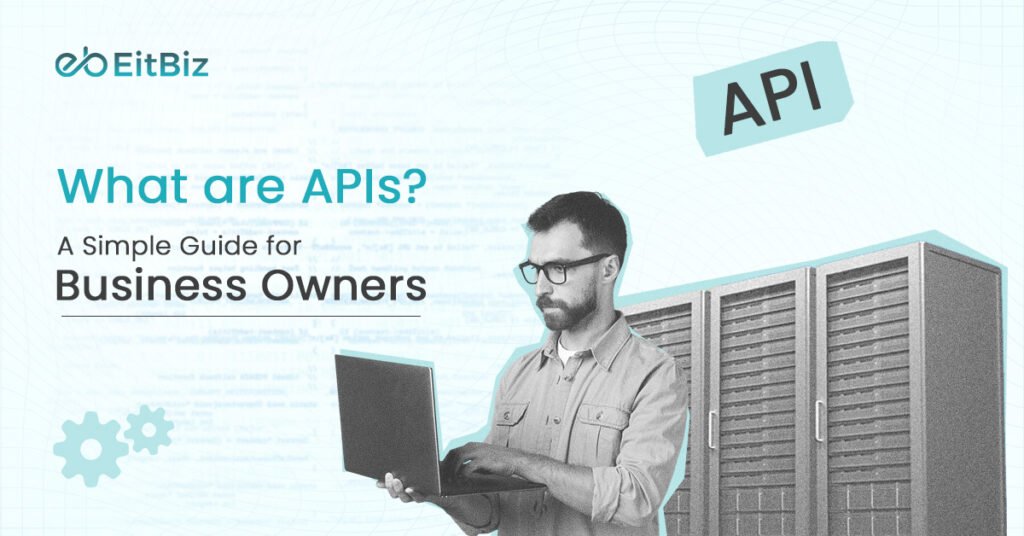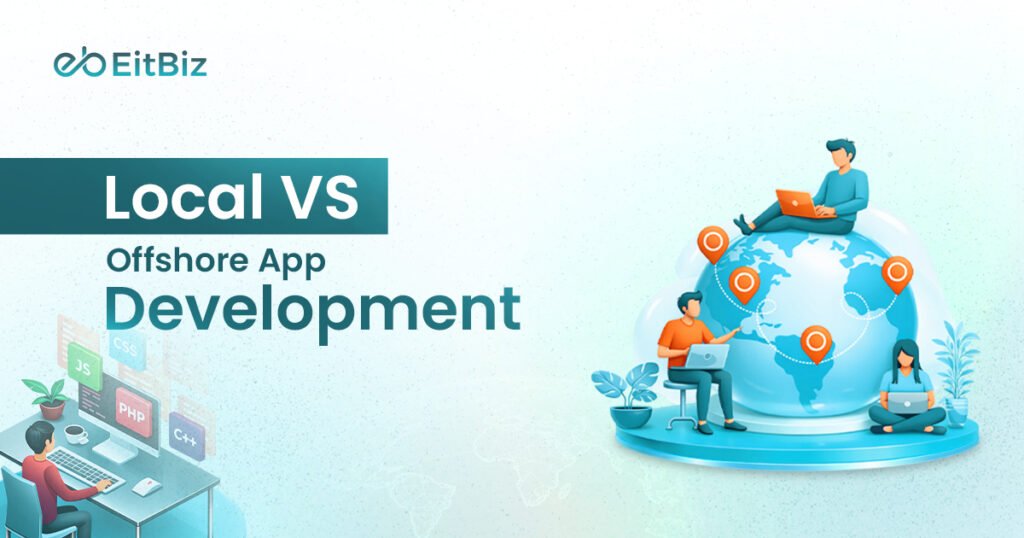“Shopify vs WordPress”!
Well, it sounds more like comparing Lamborghini to Ferrari, but yes, there are still some differences that make each unique.
From powering millions of websites to building online stores, both options have carved their legacy to become a staple name among businesses of all kinds.
But the question is still intact – Which is an ideal option- “Shopify vs WordPress”?
Well, the question is pretty incomplete!
Choosing between Shopify & WordPress depends on a multitude of factors, objectives, and the type of store you want to build.
If you want to know when to choose Shopify over WordPress or vice versa, this blog post will help you know everything you need to know about them.
WordPress vs. Shopify: A Brief Outlook into Both Options
WordPress and Shopify are the two “popular” terms that need no introduction in the digital space. However, if you’re new to this tech-driven landscape, WordPress is a blogging platform where users can create and form long and short content, such as blogs and articles. On the other hand, Shopify is an eCommerce store builder that may let you set up a store, put products, and sell them to customers worldwide.
Let’s dive into understanding the difference between WordPress and Shopify.
| Parameters | WordPress | Shopify |
| Type | It is an open-source CMS with an eCommerce plugin (WooCommerce) | Shopify, on the contrary, is a fully hosted eCommerce platform. |
| Ease of Use | When it comes to ease of use, WordPress has a steeper learning curve; flexible but requires setup. | Speaking of its contender, Shopify is quite beginner-friendly and offers an all-in-one solution to the user. |
| Customization | It is highly customizable with thousands of themes and plugins. Users can choose the right layout as per the purpose of their website. | With Shopify, you may only get limited customization. However, you can consider its advanced yet paid version, i.e., “Shopify Plus,” to unlock more customization features. |
| Hosting | WordPress requires a separate hosting purchase and management. | However, it’s only with the case of Shopify. There’s hosting already included. |
| Security | In the case of WordPress, users can seamlessly handle updates, backups, and security | Shopify, on the flip side, handles security and updates. |
Though you already know about WordPress and Shopify, it’s time to understand why to use what and when to use what!
Why Should You Use WordPress Instead of Shopify?
It is no secret that WordPress has been around for a very long time. In fact, you will be surprised to know that more than 40% of websites use WordPress, which even includes your government websites, online stores, large publications, and more.
One of the biggest reasons to choose WordPress over Shopify is that it is very flexible. You can customize it the way you want, from appearance to functionality. Furthermore, with the help of Plugins, you can easily turn your blogging platform into an eCommerce store. Remember that if you only want to do blogging or just sell a few products on a small scale, then WordPress is an ideal choice.
Let’s set our sights on our no.1 contender (or the winner as the best eCommerce store platform, I should say), i.e., “Shopify”
Why Use Shopify Instead of WordPress?
Unlike WordPress, Shopify is one of the (or the largest) eCommerce platforms that allows you to sell anything and everything across the globe. All you have to do is simply create an account, and in just a few minutes, you will have a fully functional store that can “Sell”. Furthermore, you can easily leverage the apps and plug-ins to perform a wide range of tasks, such as email marketing and order management.
Did you know?
More than 2,621,607 live stores are running on the Shopify platform. (Source: Store Leads).
If your primary goal is to build a large-scale eCommerce store to sell anything, then you can consider “Shopify” over WordPress.
Why Use What? – The question has now been successfully answered. But the main aspect is still missing- “When to use Shopify over WordPress”?
When to Choose Shopify Over WordPress?
Shopify and WordPress (with WooCommerce) are both powerful for building an online store, but they suit different needs. Here’s when choosing Shopify is the smarter move:
1. You Want to Launch Quickly
If you need your store live fast, Shopify’s all-in-one system (hosting, SSL, checkout, payments) makes setup seamless without tech headaches. Because it can effortlessly handle all these aspects, you can focus on selling products, not on troubleshooting plugins.
2. Your Store is the Focus (Not Content)
If your primary goal is selling products, Shopify’s streamlined checkout, inventory management, and sales tools will support you better than WordPress’s content-centric structure.
3. When You Need Reliable Support
Unlike WordPress, you don’t have to depend on community forums for support. Shopify is dedicated to offering round-the-clock customer support.
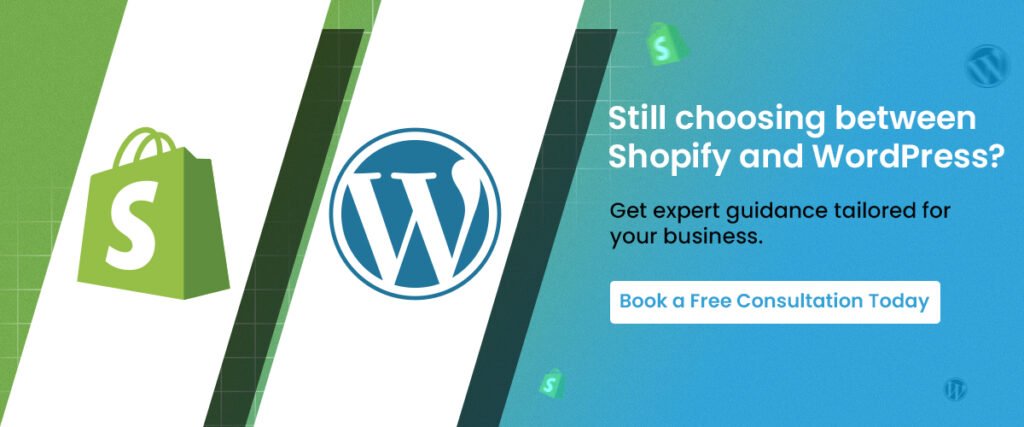
4. Predictable Costs are Important
One of the critical situations when you can choose Shopify over WordPress is when you don’t want to run into fluctuating prices. Unlike WordPress — where pricing can vary depending on hosting, plugins, and the cost of a WordPress developer — Shopify offers a fixed monthly fee, so you always know exactly what you’ll pay.
5. You Plan to Scale Quickly
Shopify easily handles traffic spikes, large inventories, and multi-channel selling (Instagram, Facebook, TikTok, Amazon) without complex setups. However, in the case of WordPress Development, you may have to install a wide range of plugins and extensions, which could be a further pain in the head.
Shopify is an incredible eCommerce platform that may help you build and launch your own online store. However, it doesn’t mean Shopify is always right. There are some instances where choosing Shopify comes with a cost.
Let’s discuss them!
When is it a Mistake to Choose Shopify?
Let’s take a look at the circumstances where choosing Shopify can turn out to be a costly affair.
1. When You Need Advanced Content Marketing
If your growth strategy depends heavily on blogging & SEO-driven articles, Shopify’s limited blogging tools will restrict you. WordPress, with its advanced content management and SEO plugin ecosystem, is a far better fit for content-heavy businesses aiming for organic growth.
2. If You Need Complete Design and Feature Control
Shopify offers customization, but it’s confined within its ecosystem and restricts backend code access unless you’re on Shopify Plus. If you want full control over your site’s design, functionality, and URL structures for advanced SEO, look no further than WordPress.
3. When You Want to Avoid Ongoing Platform Fees
Shopify’s monthly subscription fees, app charges, and additional transaction fees can quickly add up. If you prefer managing your costs with a one-time payment for themes, plugins, and hosting while avoiding ongoing platform fees, WordPress will be a more cost-effective choice.
4. If You Sell Products with Complex Licensing
While Shopify can handle digital product sales, it’s primarily built for physical products. If your business needs to sell digital products with advanced licensing, memberships, or gated content structures, WordPress offers greater flexibility through its plugin ecosystem.
5. If You Need Advanced Multi-Language or Multi-Currency Features
Shopify does support multiple currencies and languages, but advanced configurations often require paid apps or higher-tier plans. WordPress offers greater freedom using plugins like WPML or Polylang, which makes it a better option if you have complex international store needs.
Final Thoughts
So, there you have it! That’s a wrap to the much-awaited question- “When to choose Shopify over WordPress (And when is it a mistake)?”. Having said that, both WordPress and Shopify have different specialties. Thus, it’s wise to choose one based on your requirements. To put it simply, if you want flexibility and affordability, choose WordPress. On the other hand, if you prefer the “best” option to sell products online, nothing can beat “Shopify”!
Have a project idea in mind? If so, call us at +1(317)463-7064 today, and our experts will contact you shortly.
